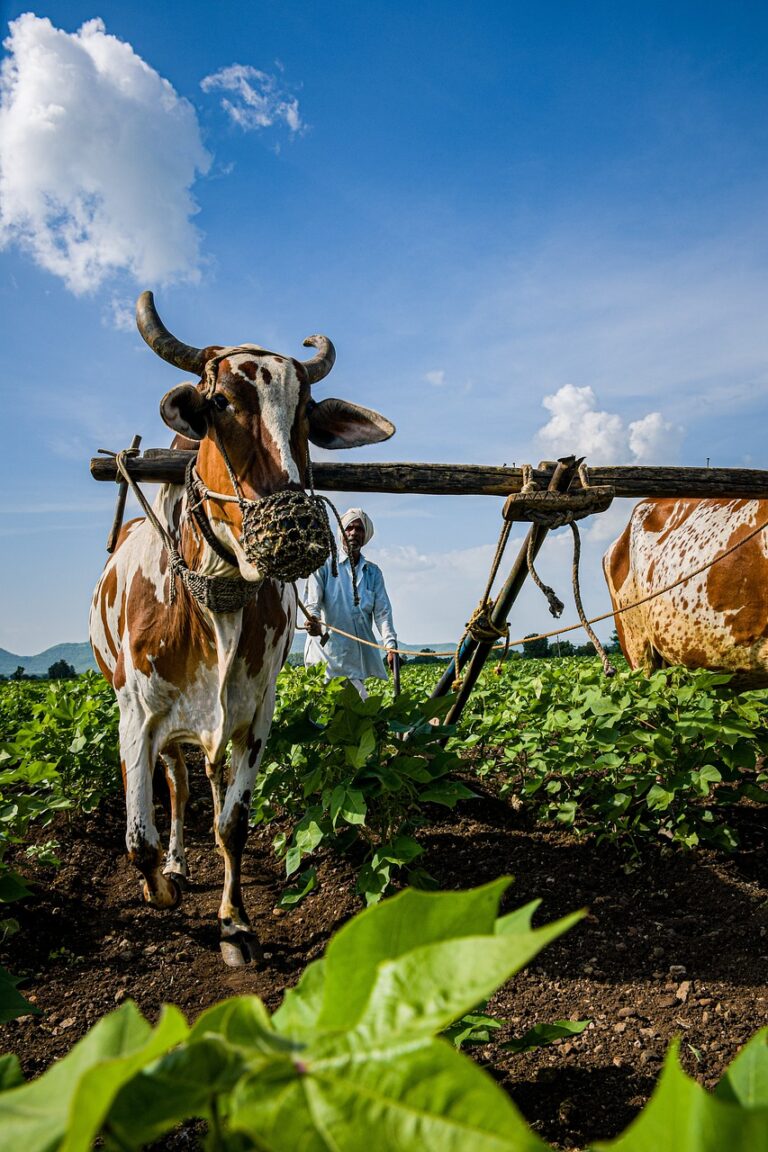
Vaccination
World Tuberculosis Day: March 24
World Tuberculosis Day marks the date 141 years ago – the 24th of March 1882 – that the German scientist Robert Koch first presented his discovery of the bacterium that causes tuberculosis or TB. Since then, we have come a long way. We have tests, treatments and a vaccine against TB that have saved countless lives.
TB is a preventable, treatable and curable disease. Since 2000, deaths from TB dropped by nearly 40% globally, and more than 74 million people received access to TB services.
And yet tuberculosis remains one of the world’s top infectious killers, causing 1.6 million deaths each year and affecting millions more, with enormous impacts on families and communities. Last year, for the first time in nearly two decades, WHO reported an increase in the number of people falling ill with TB and drug-resistant TB, alongside an increase in deaths.
This year, World TB Day is being commemorated under the theme ‘Yes! We can end TB!’ with the goal of promoting optimism and fostering high-level leadership, increased investments, rapid adoption of new World Health Organization (WHO) recommendations, and strengthened multisectoral partnerships to combat the TB epidemic.
According to WHO, the COVID-19 pandemic coupled with ongoing crises such as armed conflict, food insecurity, climate change, and political and economic instability, has reversed years of progress made in the fight against TB.
In September 2023, the UN General Assembly will convene three High-Level Meetings focusing on UHC, pandemic preparedness and response and ending TB. There are clear linkages between these agendas and the Heads of State will deliberate to accelerate action, including on the goal to end TB.
“TB is preventable, treatable and curable, and yet this ancient scourge that has afflicted humanity for millennia continues to cause suffering and death for millions every year,” said Dr Tedros Adhanom Ghebreyesus, WHO Director-General.
“WHO is committed to supporting countries to step up their response, by expanding access to services to prevent, detect and treat TB as part of their journey towards universal health coverage, and to strengthen their defences against epidemics and pandemics,” he added.
Drug-resistant TB continues to be a pressing public health concern, taking a significant toll on individuals affected by TB, communities, and healthcare systems worldwide. In 2021, nearly half a million people fell ill with multidrug- or rifampicin-resistant TB (MDR/RR-TB), and only one in three accessed treatment.
New WHO guidelines on drug-resistant TB treatment recommend rapid roll-out of the novel BPaLM/BPaL regimen that has the potential to significantly increase cure rates due to its high effectiveness, offer more extensive access because of its lower cost, and improve patient’s quality of life, as it is an all-oral treatment that is considerably shorter than traditional regimens.
As part of the WHO D-G’s Flagship initiative on tuberculosis over the period from 2023 to 2027 to support fast-tracking progress towards ending TB and achieving Universal Health Coverage (UHC) by 2030, a special call to action is being issued by WHO and partners urging Member States to accelerate the rollout of new WHO-recommended shorter all-oral treatment regimens for drug-resistant TB. The World Health Organization (WHO) and its partners called on governments and other stakeholders to accelerate the implementation of the novel, 6-month all-oral regimen for the treatment of drug-resistant tuberculosis. The initiative highlights the pressing need to increase both domestic and international investments in TB services, research, and innovation, particularly in new vaccine development. It calls for TB services and programmes, particularly in countries with a high TB burden, to be recognized as an essential component of health systems, bolstering primary healthcare and pandemic preparedness and response.
It also aims to drive multisectoral action and accountability to tackle the key drivers of the TB epidemic – poverty, undernourishment, diabetes, HIV, tobacco and alcohol use, and poor living and working conditions, among others.
“2023 is our chance to push forward the agenda towards ending TB, ” said Dr Tereza Kasaeva, Director of WHO’s Global Tuberculosis Programme.
– global bihari bureau





